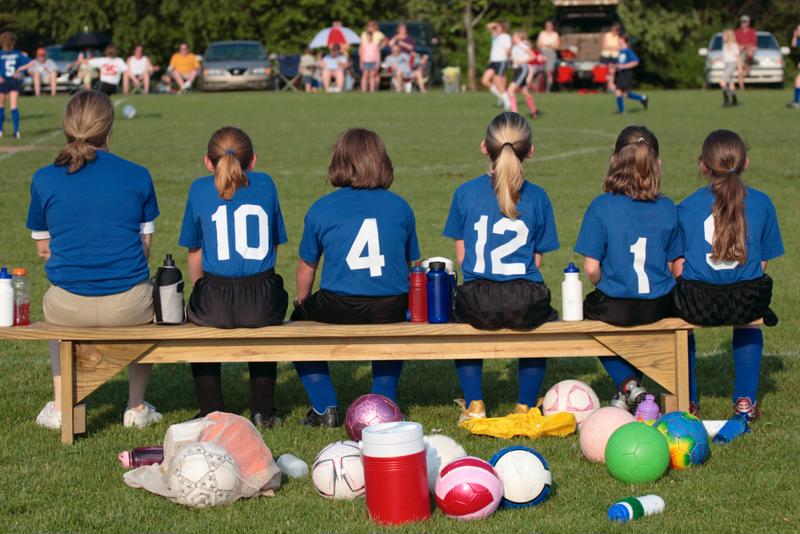Sports are an increasingly popular activity for teens and children around the world, and in order to connect with adolescent patients in your travel nursing role, it’s important to understand the facts surrounding this trend. In the U.S. alone, as many as 21.5 million kids play sports at some point between the ages of 6 and 17, reported ESPN. What’s more is that by age 6, as many as 60 percent of boys and 47 percent of girls have already played on a sports team of some kind.
In many ways, this is great news. It means that children are staying active and getting plenty of exercise, which is good for their bodies and developing a healthy lifestyle. As a travel nurse, however, you’ve likely seen children injured by a variety of sports in many locations. You know that they are just isolated incidences but reflect a wider trend of safety issues that affect the nation’s kids when they’re active in athletics.
National Youth Sports Safety Month aims to draw attention to these problems to help make sports a healthy, fun activity for children. By educating parents and coaches, we can minimize the risks for injury.
“Sports injuries are the second-leading cause of children’s emergency room trips.”
Kids getting injured playing sports
According to Nationwide Children’s, sports injuries are the second-leading cause of children’s emergency room trips, averaging about 3 million kids a year. Most of the injuries are sprains and strains, though more series injuries, like broken bones, are common as well. ESPN reported that 27 percent of girls and 29 percent of boys who quit a spots team did so because of an injury or health condition.
As a travel nurse, you can help prevent some of the injuries by education young patients and their parents when they come in. Ask what kind of activities they like to do, and if they say sports, it’s a good time to give them a rundown on some basic preventative measures.
For example, ask them what kind of stretching they do to warm up and cool down for activity. Many strains are the result of improperly activated muscles, so dynamic stretching before a game or practice, followed by static stretching after, can cut down on some of these injuries.
Another concern is hydration. Most kids don’t replenish enough of their fluids when they’re active. It’s important that they remember to drink lots of water, not only while they’re playing, but during the day leading up to activity as well.
 Nurses can educate child athletes to help prevent injuries.
Nurses can educate child athletes to help prevent injuries.Concussions
One of the most worrisome things that can happen to a young athlete is a concussion. Head trauma is dangerous for anyone, but for growing brains these impacts can have long-lasting consequences. The Mayo Clinic stated that the risks are even greater if a student returns to sports before the concussion heals – recurrent concussions, especially if the brain is still damaged from the first one, can significantly delay healing and cause permanent brain damage.
If a child comes to see you with a concussion when you’re in a travel nursing assignment, it’s crucial that you emphasize these risks to the parents. The desire to “walk it off” and ignore pain in sports is a dangerous mentality. Stress the dangers a concussion poses to minimize the chances that an athlete tries to “tough it out” and get back to the game before they’re ready.
The American Orthopaedic Society for Sports Medicine has provided guidelines to help healthcare providers such as yourself speak to parents and children about sports injuries. It recommends that you empathize with the child and don’t dismiss their concerns because it’s “just sports.” Show them that you take their fitness goals seriously and respect their efforts so they’re be more likely to trust that you understand their condition. Remind them that if they try to push through an injury too soon they run the risk of making it worse and being out even longer. Ask them if they’d rather have the next game, or the whole rest of their season?
By serving as a compassionate and confident resource, you can help ensure children are healing well and preventing injuries going forward.


Please let me know about positions for LPN sport nurse travel jobs